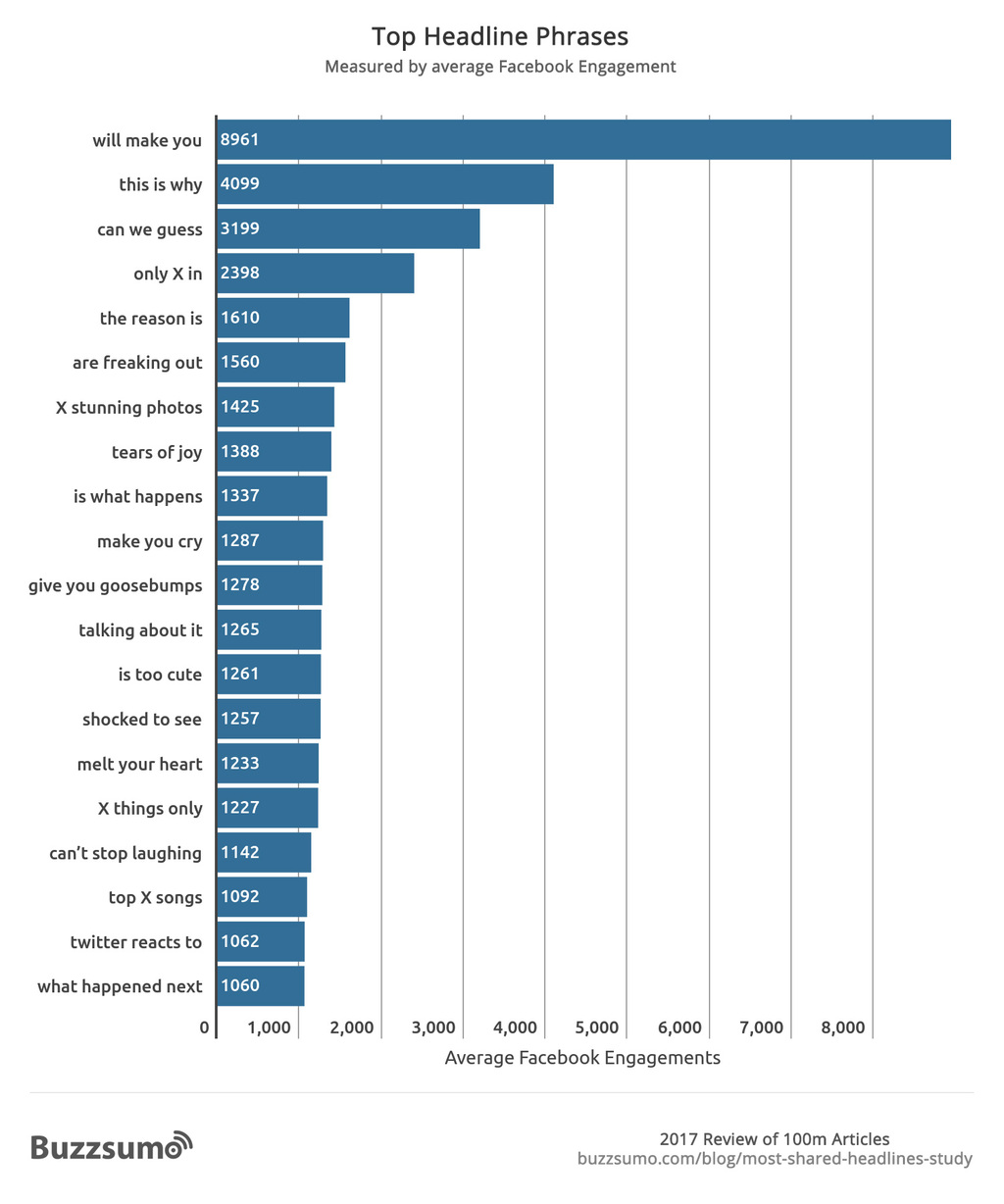Clickbait stories use sensationalist headlines to grab attention and drive click-throughs to the publisher website, normally at the expense of truth or accuracy.
Examples:

Propaganda stories are created to deliberately mislead audiences, promote a biased point of view, or a particular political cause or agenda.
Examples:
Many websites and social media accounts public fake news stories for entertainment and parody. They may be mistaken for legitimate news sites, especially if their parent source is generally reliable.
Examples:

Sloppy Journalism occurs when reporters or journalists publish a story with unreliable information or without checking all of the facts, which can mislead audiences. For example, during the U.S. elections, fashion retailer Urban Outfitters published an Election Day Guide. The guide contained incorrect information telling voters that they needed a 'voter's registration card.' This is not required by any state in the U.S. for voting.

Stories that are not completely false can be distorted using distorted or sensationalist headlines. These types of news can spread quickly on social media sites where only headlines and small snippets of the full article are displayed on audience newsfeeds.
"Guillain-Barre Syndrome Reported After COVID Vaccine" (Mercola)
"ABC Says No Freedom Without Vaccine Certificate" (Mercola)
Many people are drawn to news or stories that confirm their own beliefs or biases, and fake news can pray on these biases. Social media news feeds tend to display news and articles that their algorithms think we will like based on our personalized searches. Be especially mindful of Opinion pieces.
"Police Officer Charged in Shooting Death of Unarmed Neighbor" (Fox News)
"A Significant Trump fear inches closer: Accountability" (Washington Post)
"California Leftists Try to Cancel Math Class" (Wall Street Journal)
Unreliable sources are sources that may not be accurate and require further investigation to back them up. The authors may not be credible (i.e. may not have the necessary background or credentials); the source may be biased; or the sources may rely on rumor or hearsay rather than facts.
"More than Half of New COVID Cases Have Been Vaccinated" (Mercola)
Donald Trump once said that "Republicans are the dumbest group of voters" (debunked by Snopes)
"Pope Francis Shocks World, Endorses Donald Trump for President" (investigated by Snopes)
